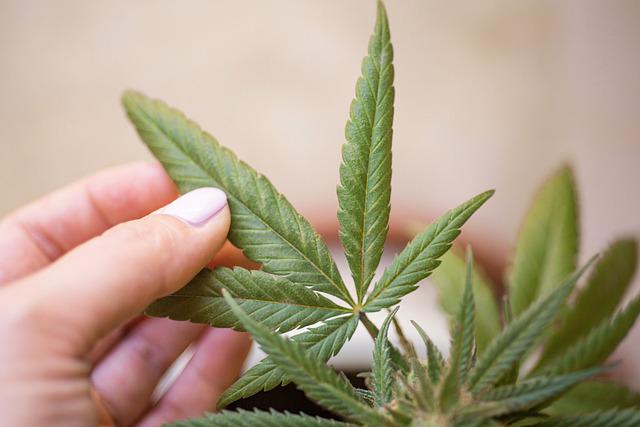Many people have tried marijuana as an alternative to traditional pharmaceuticals in order to help them sleep. The compounds found in cannabis, particularly cannabidiol (CBD) and tetrahydrocannabinol (THC), have been said to ease the symptoms of insomnia. Before you try cannabis for sleep, it’s important to understand the potential benefits and risks. Let’s take a closer look.
The Benefits of Cannabis for Sleep
One of the most common benefits associated with using marijuana for sleep is that it can reduce stress and anxiety. Stress and anxiety can be major contributors to poor sleep quality, so any relief from those conditions can lead to improved rest. Some studies have also found that CBD may help reduce REM behavioral disorder (RBD), a condition characterized by excessive movement during REM sleep that can interfere with proper restorative sleep. Other studies suggest that THC may help increase total sleep time, particularly in older adults who are more prone to insomnia.
A study published in the journal Neuropsychopharmacology found that individuals who consumed cannabis before bed reported improved sleep quality, longer sleeping duration, and reduced symptoms of insomnia compared to those who did not. These findings were further supported by an analysis conducted by the American Academy of Sleep Medicine which concluded that people who used cannabis regularly had better sleep architecture than those who did not. Additionally, a study published in the European Journal of Internal Medicine showed that medical marijuana users had significantly lower rates of insomnia than those in the control group.

The Risks of Cannabis for Sleep
On the other hand, there are some risks associated with using marijuana for sleep. One concern is that some people may develop tolerance or dependence on cannabis over time if they use it too frequently or at too high a dose. This could result in difficulty sleeping without cannabis use or other unwanted side effects such as withdrawal symptoms when stopping use abruptly. Additionally, there is concern that long-term cannabis use may disrupt circadian rhythms (the body’s internal clock). This could lead to daytime fatigue and make it more difficult to fall asleep at night despite regular use of marijuana products intended to improve sleep quality.
A recent 2020 study found that frequent users of cannabis-based products are at greater risk for developing dependence and withdrawal symptoms than occasional users. Furthermore, evidence suggests that regular use of cannabis products may reduce overall sleep efficiency and duration. The exact mechanisms responsible for these changes remain unclear but could involve alterations in the normal function of hormones such as cortisol or melatonin, which play vital roles in managing sleep-wake cycles in the body.

Conclusion
While marijuana products like CBD oil have been used traditionally as natural sleep aids, it’s important to weigh the potential benefits against the potential risks before you start using them regularly for this purpose. As with any supplement or medication, talk to your doctor about your options and discuss any existing health conditions before starting a new treatment plan involving cannabis products for better restful nights’ sleeps. With their guidance, you can determine whether marijuana is an appropriate option for treating your sleeplessness and other related disorders safely and effectively.
For more information on medicinal cannabis use check out these articles CBD For Sleep Cannabis Therapy.

